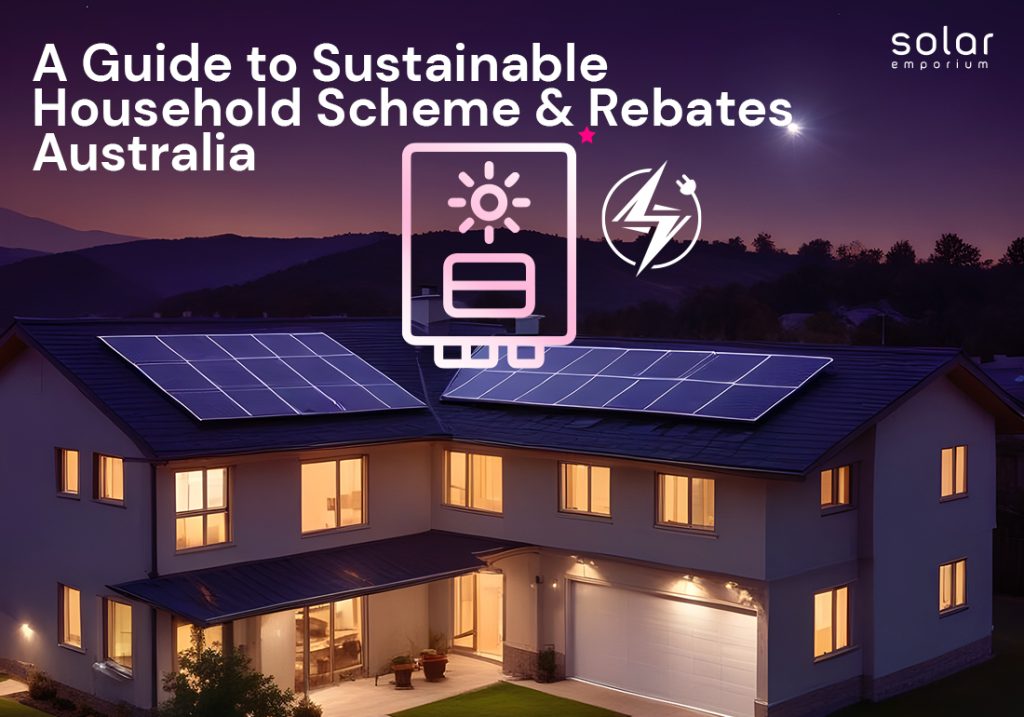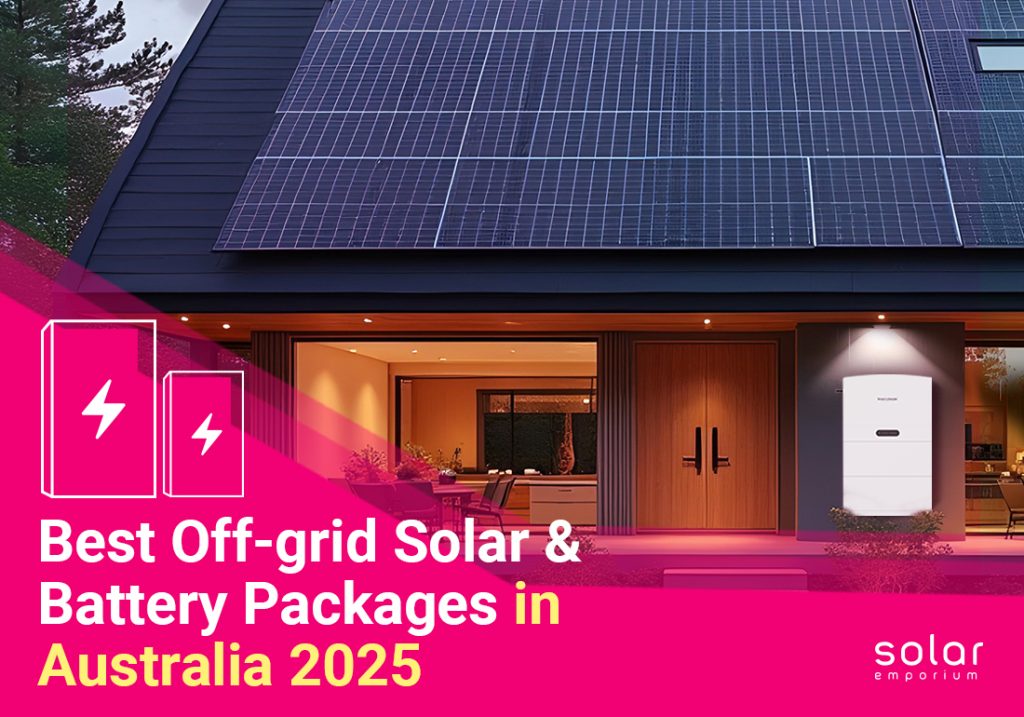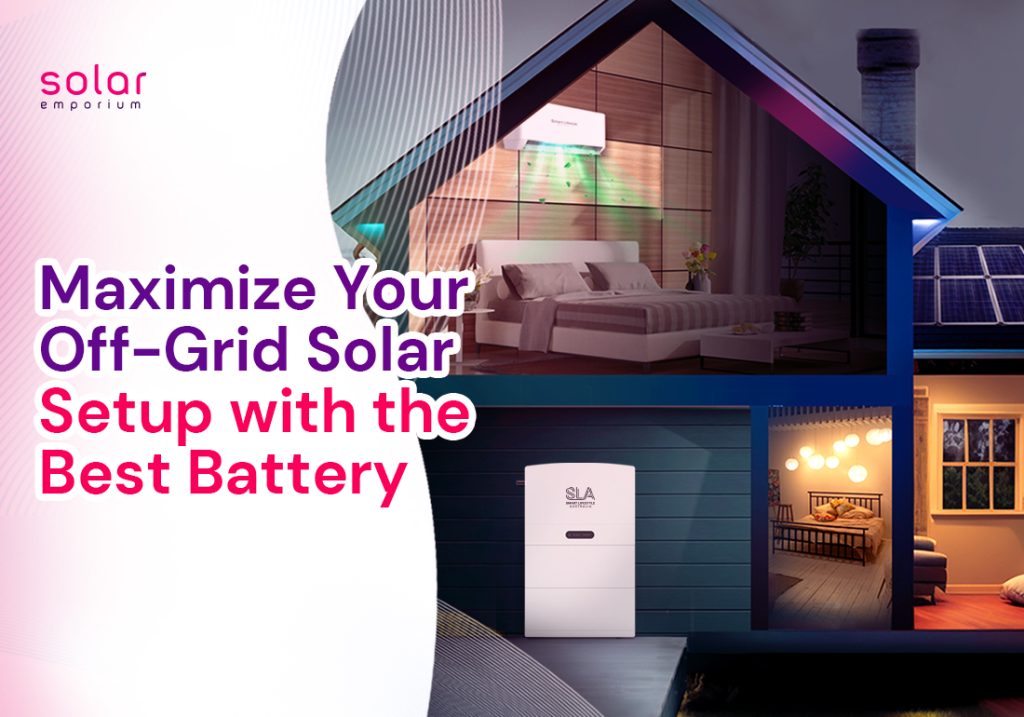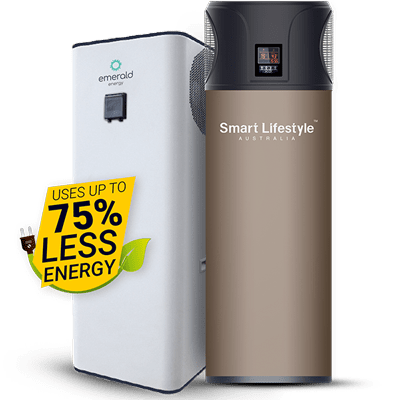When it comes to solar, there is no one solution. It is exactly like shopping for other necessary products that you need. Every person has different solar needs depending on many factors.
So what is the number of solar panels and batteries needed for Aussie homes? To understand everything go through this Aussie batteries and solar review.
For example, a 5kW solar system typically comes with 15-20 solar panels. It is usually sufficient for an average Australian home. Still, putting as many solar panels on your roof never hurts.
However, the size of your solar system is determined by electricity usage, how much (unshaded) roof space you have, your budget, and a few other objectives.
Getting solar panels is only worthwhile if you install enough to cover your electricity requirement. Similarly, you want to save money on a manageable solar system.
How do you determine the number of solar panels and batteries you’ll need to power your home?
How Much Power Do You Consume?
The goal is to match your household’s electricity consumption with solar energy. If not, then it may exceed a bit. Ideally, your solar system should produce enough electricity to meet your needs.
Thinking ahead is critical. Ask yourself the hard questions. Will your family grow in the coming years? Are you considering purchasing an electric vehicle?
How Much Roof Space Do You Have?
We can only fit as many solar panels as possible in the space on your roof. Solar panels are typically 1.7m × 1m in size.
It is critical to consider shading when calculating the size of your roof. Tree or power lines can cast shade on a portion of your roof. In that case, we’ll need to adjust your solar system or avoid these areas entirely.
How Much Money Do You Want To Spend?
The larger the solar system, the higher the cost. As a result, the size of your solar system will be determined by your budget.
Like any other product, budget solar panels are less expensive than tier 1 panels. However, it is never worth sacrificing quality for lower-cost solar panels.
A solar system is a 25-year or more long-term investment. Purchasing quality solar panels that will last for a long time should not be negotiable.
Find more information about the payback period for a solar system here.
What is Your Primary Goal in Installing Solar Panels?
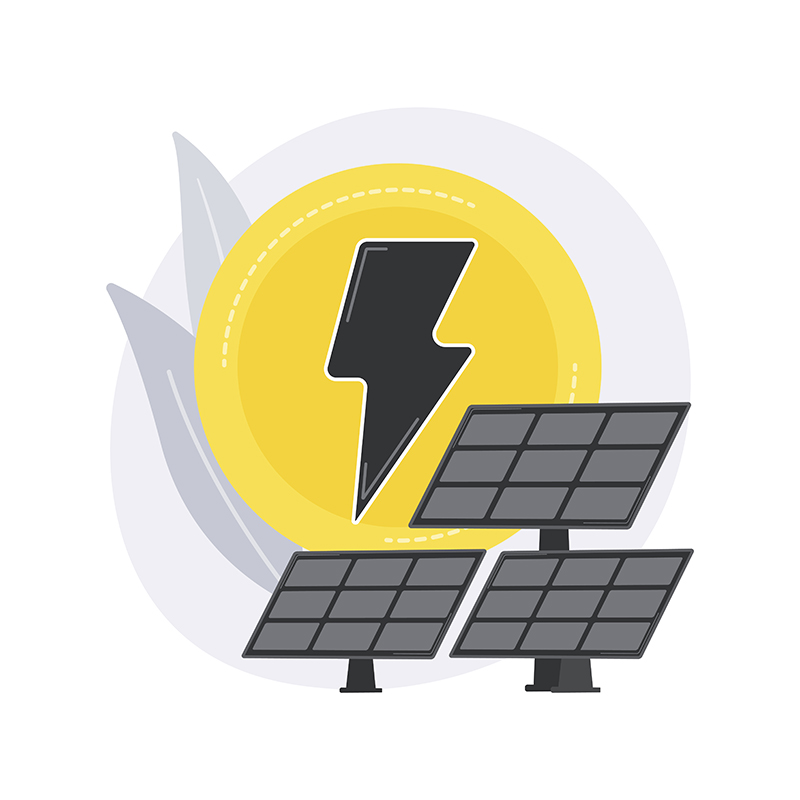
Some people purchase solar panels primarily to save money. Others are motivated by the wish to become more energy independent or by environmental concerns.
Your motivation for going solar may influence the number of panels you require. For example, invest in a more extensive solar system to be self-sufficient. And you’ll also need a battery to use solar power all day and night.
Compare Panel Efficiency and Types
Solar PV is classified into monocrystalline, polycrystalline, and thin film. Each has a different efficiency rating as well as a different price point. You need to consider which solar panel system has high efficiency.
Monocrystalline cells are the most efficient because they are made from large silicon crystals. They are also more expensive.
Polycrystalline cells are made using silicone moulds. Therefore, it is less expensive. But also slightly less effective than monocrystalline cells.
Thin film panels are inexpensive but much less efficient than other types.
Before purchasing a solar power system, inquire with your installer about the solar panels’ life cycle and efficiency. Check the warranty to ensure a plan that will last many years.
Understand Your Battery Storage Options
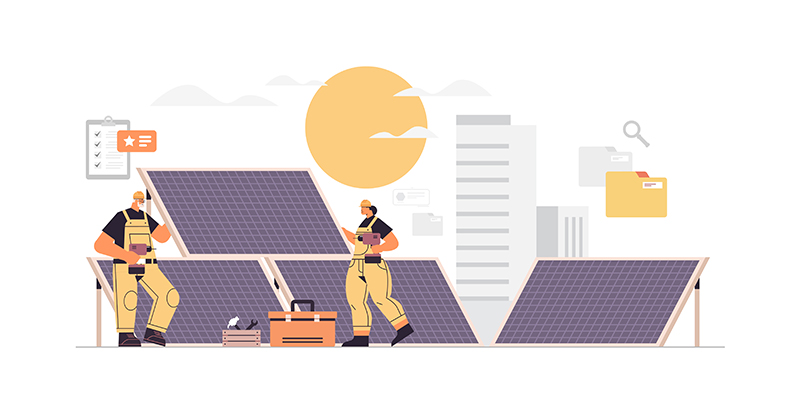
Solar PV systems generate the most amount of energy during the day. Consider solar battery storage if you spend most of your day at work. Solar batteries enable you to store energy generated during the day when the sun isn’t shining.
The battery capacity is measured in kilowatt-hours (kWh). If 60% of your energy consumption occurs at night, you may want a battery to store that amount.
However, solar battery storage can be costly, so consider a feed-in tariff system to get the money back.
Lifestyle changes can help reduce your nighttime energy usage. For inspiration, check out our guide on how to get the most out of solar.
How Many Batteries Will You Require?
This is an interesting question. Solar batteries for homes actually depend on your goals for your solar batteries. Most people set out to reduce their grid electricity imports to zero.
As you’ll see, most households have big energy storage goals with more expenses. But how many solar panels run a house? “What size solar battery do I need” is a natural question you ask yourself.
Let’s go over how much energy storage an average Australian household will require.
The average Australian home consumes approximately 16kWh of electricity per day. Please read this if you need clarification on the difference between a kW and a kWh – it is critical).
Most Australians work 9 to 5 jobs and are not at home during the day. They will probably only use about 30% of their electricity when the sun shines.
That means they must buy the remaining 70% from the grid. How many solar batteries will be required to cover that 70%?
Solar Battery System Sizing
Regarding system sizing, battery sizes are measured in kilowatt-hours, or kWh.
As mentioned before, an average home consumes 16kWh of energy. And 30% of the energy is consumed in the daytime and 70% at night. That mounts up to approximately 5kWh consumed during the day and 11kWh consumed at night.
Based on simple maths, the average Australian would require approximately 11kWh of solar battery storage to offset all their night usage.
As of February 2023, the Tesla Powerwall 2 has a capacity of 13.5kWh, costing around $16,600 fully installed.
Remember that you do not need batteries to offset your nighttime electricity consumption. If you run the numbers, the first kWh of energy storage has the best payback because it works the hardest. As of the next kWh, the payback becomes longer.
However, the most important consideration when sizing and comparing solar batteries is that it is only possible when you thoroughly understand your energy usage profile. First, you’ll need a good energy monitor in your home with accurate data.
Then, a good installer will use their software to show you the optimal number of batteries and solar panels for your situation and the payback period. After that, instead of leaping into the unknown, you’ll go into your solar battery investment with your eyes wide open.
Get Free Quotes and Professional Advice
At Solar Emporium, we take each client through a one-on-one energy consultation to design the best solar system for their specific needs. Therefore, we’ll handle everything about your solar panel installation process.
Our experienced specialists will guide you every step of the way. They will work with you to design the perfect solar system for your family, considering your electricity consumption, roof layout, goals, and budget.
Are you ready to begin your solar panels and battery journey with us? Contact us today for a free quote. To learn more, call us at 1300 063 350.

